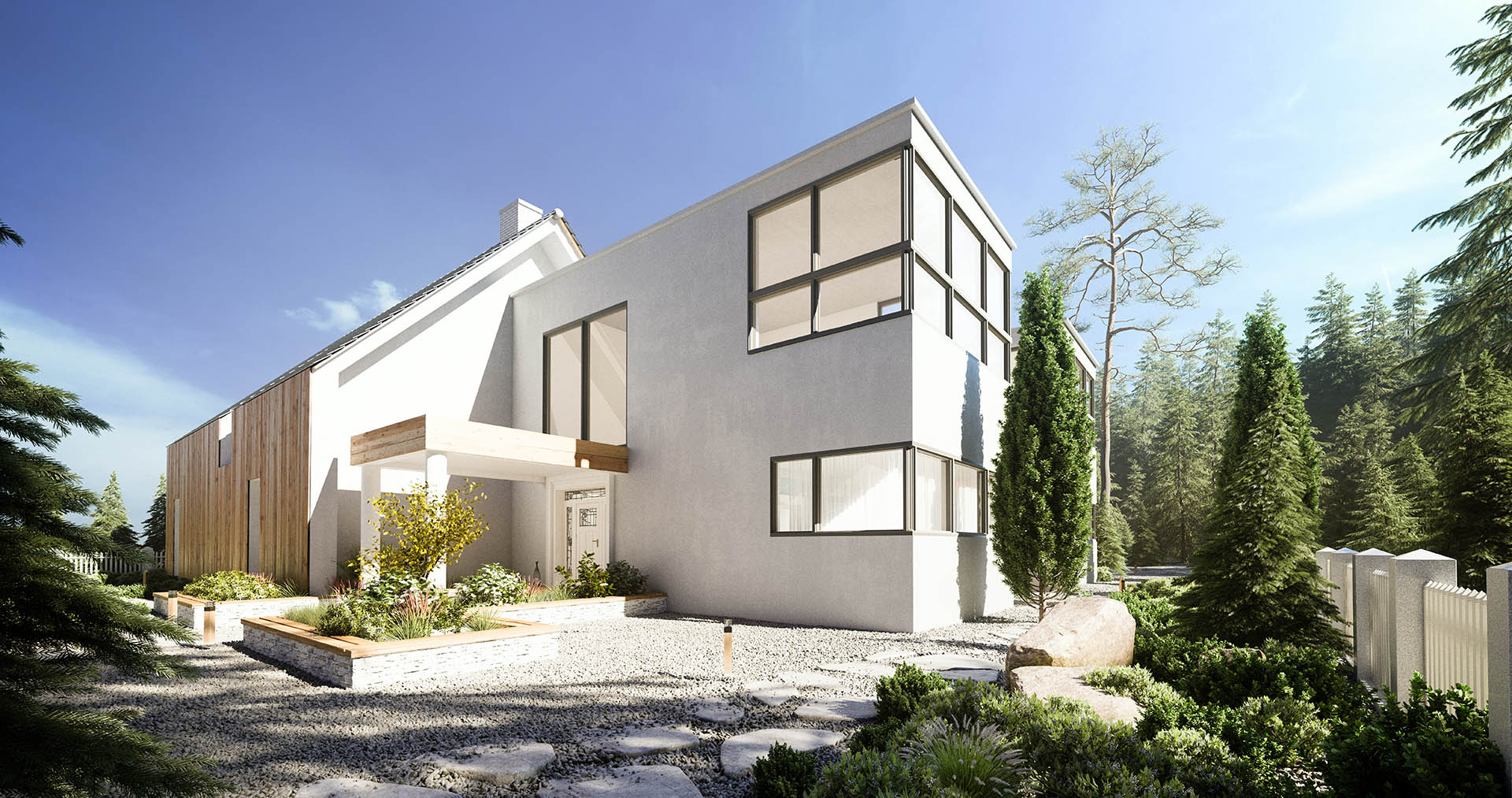- 106 Washington Ave Georgian Bluffs
- 66 Sussex Square Georgian Bluffs
- 35 Sussex Square Georgian Bluffs
- 296 Garafraxa St Chatsworth
- 446 9th St E Owen Sound
- 202 Meredith Way Chatsworth
- 54 George St Chatsworth
- 6 Glen Abbey Court Meaford
- 504877 Grey Rd 1 Georgian Bluffs
- 315421 Hwy 6 Chatsworth
- 359690 Bayshore Rd Meaford
- 2268 8th Ave W Georgian Bluffs
- 33 Nickason Drive Allenford
- 058159 12th Line Meaford
- 51 Cardinal Ave South Bruce Peninsula
- 361 8th Ave E Owen Sound
- 318143 Hwy 6 & 10 Meaford
Close
-
Active Listings
- 106 Washington Ave Georgian Bluffs
- 66 Sussex Square Georgian Bluffs
- 35 Sussex Square Georgian Bluffs
- 296 Garafraxa St Chatsworth
- 446 9th St E Owen Sound
- 202 Meredith Way Chatsworth
- 54 George St Chatsworth
- 6 Glen Abbey Court Meaford
- 504877 Grey Rd 1 Georgian Bluffs
- 315421 Hwy 6 Chatsworth
- 359690 Bayshore Rd Meaford
- 2268 8th Ave W Georgian Bluffs
- 33 Nickason Drive Allenford
- 058159 12th Line Meaford
- 51 Cardinal Ave South Bruce Peninsula
- 361 8th Ave E Owen Sound
- 318143 Hwy 6 & 10 Meaford

